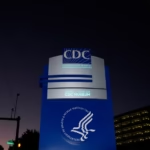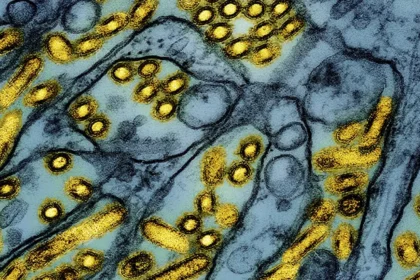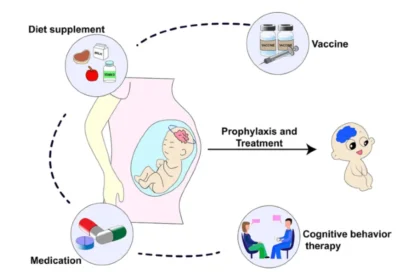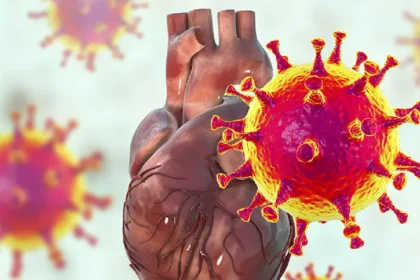An upcoming report from the U.S. Department of Health and Human Services (HHS) is expected to highlight a possible link between the development of autism in children and the use of a common over-the-counter pain reliever during pregnancy, according to a Friday report by the Wall Street Journal. The report is also said to reference a form of the vitamin folic acid as a potential way to reduce autism symptoms in some individuals.
The report reportedly identifies Tylenol, the brand name for acetaminophen, when taken during pregnancy, alongside low folate levels—a vitamin critical for proper brain and spinal development—as possible contributors to autism. It will also name folinic acid, a form of folate also known as leucovorin, as a supplement that may help alleviate autism symptoms.
Folate supplements are already widely recommended for pregnant women to prevent neural tube defects like spina bifida.
Acetaminophen is one of the most commonly used pain relievers in the U.S., including among pregnant women. Kenvue, the maker of Tylenol, issued a statement emphasizing the safety of their product, stating, “Nothing is more important to us than the health and safety of the people who use our products. We have continuously evaluated the science and continue to believe there is no causal link between acetaminophen use during pregnancy and autism.”
Experts generally agree with this position. Dr. Christopher Zahn, chief of clinical practice at the American College of Obstetricians and Gynecologists, said, “There is no clear evidence that proves a direct relationship between the prudent use of acetaminophen during pregnancy and fetal developmental issues.” He added, “Neurodevelopmental disorders are multifactorial and very difficult to associate with a singular cause. Pregnant patients should not be frightened away from the many benefits of acetaminophen, which is safe and one of the few options pregnant people have for pain relief.”
Autism rates in the U.S. have been rising. In 2022, approximately 1 in 31 children were diagnosed with autism by age 8, up from 1 in 36 in 2020, according to the Centers for Disease Control and Prevention (CDC).
Dr. Christine Ladd-Acosta, vice director of the Wendy Klagg Center for Autism at Johns Hopkins University, attributes this increase primarily to two factors: a broader diagnostic definition introduced in 2013, and improved early screening and awareness, which has encouraged more families to seek evaluations and support.
An HHS spokesperson told CNN on Friday that the agency is “using gold-standard science to get to the bottom of America’s unprecedented rise in autism rates,” adding that until the report is officially released, any details remain speculative.
Research on acetaminophen use during pregnancy and autism has produced mixed results. A 2024 JAMA study of more than 2 million children born in Sweden found no association between acetaminophen exposure in utero and autism or other neurodevelopmental disorders. Conversely, a recent meta-analysis published in BMC Environmental Health in August reviewed 46 studies and found “strong evidence of an association” between acetaminophen use during pregnancy and autism, though it cautioned that association does not prove causation.
The authors of that analysis recommended careful use of acetaminophen during pregnancy—using the lowest effective dose for the shortest duration under medical supervision—rather than broad restrictions.
The U.S. Food and Drug Administration reviewed studies on pain reliever risks during pregnancy in 2015 and found methodological limitations in the research. It did not change its guidance on the use of these medications at that time.











